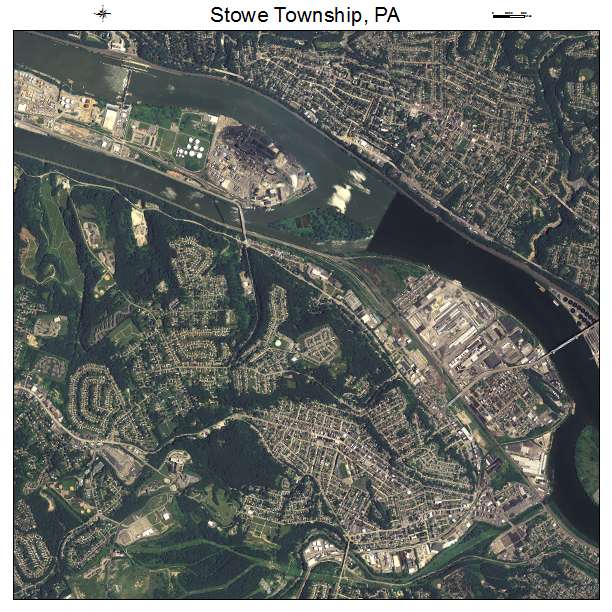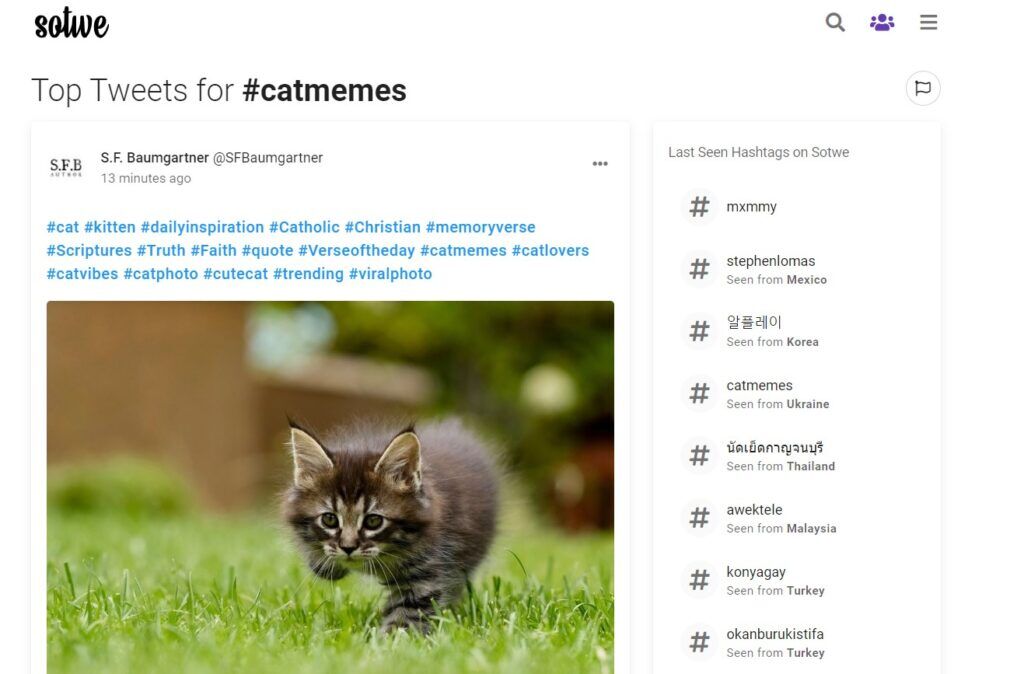Stowe, PA: Gyms, Pizza, Laundry & More! (Check Spelling)
Ever find yourself staring blankly at a search engine, met with the frustrating phrase "We did not find results for:"? This digital dead end, often accompanied by the unhelpful suggestion to "Check spelling or type a new query," has become a ubiquitous experience in the age of instant information.
This seemingly innocuous message speaks to a larger issue: the limitations of search algorithms and the challenges of accurately capturing human intent. While search engines have become incredibly sophisticated, they still rely on precise keyword matching and structured data. When our queries deviate from these parameters, we are often left empty-handed, forced to refine our search or abandon our quest altogether. The frustration is compounded by the fact that the desired information may very well exist, hidden just beyond the reach of the algorithm.
The seemingly simple act of searching has become a complex dance between human intuition and machine logic. We attempt to anticipate the keywords and phrases that the algorithm will recognize, while the algorithm attempts to interpret our intentions based on the limited information we provide. This dance is not always successful, leading to the dreaded "We did not find results for:" message. But the internet is more than just a search engine. Sometimes, you need to know where to look. La Fitness, located at 120 Upland Square Drive, Suite 120, offers personal training, weights, and cardio equipment. It's not always about finding things online, sometimes it is about finding a location.
- An Epic Journey Through Led Zeppelins Kashmir A Timeless Masterpiece
- Unveiling Tyrus Wife Who Is The Mystery Woman
Consider also the world of action sports. The International Freeskiers & Snowboarders Association (IFSA), founded in 1996 by Shane McConkey, a pioneer in freeskiing, is a prime example of a specialized community that might not be readily discoverable through generic search terms. Knowing the specific organization or individual is often the key to unlocking a wealth of information and resources. In that case, precise terminology and a knowledge of relevant communities becomes indispensable.
Even seemingly straightforward tasks, like finding a local restaurant, can be surprisingly challenging. Yelp, for instance, can be a valuable tool for discovering popular restaurants, hotels, tours, shopping, and nightlife. However, its effectiveness relies on accurate and up-to-date information, as well as the availability of user reviews and ratings. A simple misspelling or an incomplete address can throw off the search, leading to another frustrating "We did not find results for:" message. Stowe, PA, for instance, has a Pizza Hut located at 340 Upland Square Drive. They offer hot, fresh pizza, wings, and pasta for carryout or delivery. Sometimes knowing the exact address is important for find results.
The "We would like to show you a description here but the site won't allow us" message that can appear on search results hints at the limitations placed on search engines by website owners. While the intention is likely to protect proprietary content, this practice can inadvertently hinder discoverability. When search engines are unable to crawl and index the full content of a website, it becomes more difficult for users to find the information they are seeking. Sometimes the content is there, but inaccessible through normal methods.
- Meet The Cast Of Reba A Comprehensive Guide To The Beloved Sitcom
- The Legendary Robert De Niro An Unrivaled Master Of His Craft
Even everyday tasks like laundry can present unexpected search challenges. Stowe Laundromat, for example, boasts the "best coin-free laundromat services in Stowe, the most convenient laundry in town!" According to the website, "Washing and drying your clothes has never been this easy!" and "We wash your bedsheets, comforters and clothes!" Finding this information requires searching for specific keywords related to laundromats, coin-free services, or the location of Stowe. Again, a lack of precise terms or inaccurate information can lead to search failures.
| Category | Information |
|---|---|
| Issue | Search Engine Inaccuracy |
| Common Message | "We did not find results for:" "Check spelling or type a new query." |
| Example 1 | La Fitness Stowe: Located at 120 Upland Square Drive Suite 120. Requires specific search terms to locate. |
| Example 2 | The International Freeskiers & Snowboarders Association (IFSA): Founded in 1996 by Shane McConkey. Specialised terminology is needed for discovery. |
| Example 3 | Pizza Hut, 340 Upland Square Drive Stowe, PA. Precise address is required for finding results. |
| Example 4 | Stowe Laundromat: Coin-free services. Needs specific keywords for location and services. |
| Problem | Search algorithms rely on accurate keywords, leading to failed searches when terms are imprecise. |
The larger issue is the algorithm and a lack of precision in search terms. Consider the impact of these "no results" messages on various sectors. In healthcare, for instance, the inability to quickly find accurate information about symptoms, treatments, or specialists can have serious consequences. Patients may waste valuable time searching for answers, potentially delaying critical medical care. The need for specialized, reliable, and readily accessible medical information is paramount, and the failure of search engines to deliver accurate results can exacerbate existing health disparities.
In the business world, the "We did not find results for:" message can translate into lost opportunities and decreased productivity. Entrepreneurs and small business owners rely on search engines to research markets, identify competitors, and connect with potential customers. Inaccurate or incomplete search results can hinder their ability to make informed decisions and effectively market their products or services. The cost of these search failures can be significant, particularly for businesses operating on tight budgets or in highly competitive industries.
Even in the realm of education, the limitations of search algorithms can pose challenges. Students and researchers rely on search engines to access scholarly articles, primary sources, and other educational materials. The inability to find relevant information can impede their learning and research efforts. The need for sophisticated search tools that can accurately identify and filter credible sources is essential for fostering intellectual curiosity and promoting academic excellence.
The root causes of the "We did not find results for:" problem are multifaceted. One factor is the inherent ambiguity of language. The same word or phrase can have different meanings depending on the context, and search algorithms often struggle to disambiguate these meanings. For example, the word "bank" can refer to a financial institution or the edge of a river. Search engines must rely on contextual clues to determine the user's intent, but these clues are not always sufficient.
Another challenge is the ever-evolving nature of information. The internet is constantly growing and changing, with new websites, articles, and resources being added every day. Search engines must continuously crawl and index this vast amount of information to stay up-to-date. However, this process is not always perfect, and there may be a delay between when information is published and when it becomes searchable. This delay can be particularly problematic for time-sensitive information, such as news articles or product updates.
Furthermore, the algorithms used by search engines are often proprietary and opaque. This lack of transparency makes it difficult for users to understand how search results are generated and to optimize their queries accordingly. Users are often left to guess at the keywords and phrases that will yield the most relevant results. This lack of control can be frustrating and can lead to a sense of powerlessness.
Despite these challenges, there are steps that users can take to improve their search results. One strategy is to use more specific and descriptive keywords. Instead of searching for "restaurant," try searching for "Italian restaurant near me" or "best vegetarian restaurant in Stowe, PA." The more specific the query, the more likely the search engine is to return relevant results. Another strategy is to use advanced search operators, such as quotation marks for exact phrase matching or the minus sign to exclude certain keywords. These operators can help users to refine their search and filter out irrelevant results. But more often that not you have to guess.
Another solution to the "We did not find results for:" problem involves exploring alternative search engines and information sources. While Google is the dominant search engine, there are other options available, such as Bing, DuckDuckGo, and Ecosia. These alternative search engines may use different algorithms and indexing methods, which could lead to different results. In addition, users can consult specialized databases, online directories, and social media platforms to find information that may not be readily accessible through general search engines. Sometimes finding the right niche resource is key.
Looking beyond search engines entirely can be a viable strategy. Consulting with experts, librarians, and other knowledgeable individuals can provide valuable insights and guidance. These individuals can often point users to resources that they would not have found on their own. In addition, attending conferences, workshops, and other events can provide opportunities to network with others and learn about new developments in their field. These offline interactions can supplement online research and enhance the overall learning experience. The human touch is sometime irreplaceable.
Ultimately, the "We did not find results for:" message serves as a reminder of the limitations of technology and the importance of critical thinking. While search engines can be powerful tools, they are not infallible. Users must be able to evaluate the credibility and relevance of search results and to supplement their online research with other sources of information. By adopting a more discerning and holistic approach to information seeking, users can overcome the challenges of the digital age and find the answers they need.
The digital landscape is constantly evolving, and so too must our strategies for navigating it. As algorithms become more sophisticated and information becomes more readily available, the ability to effectively search, evaluate, and synthesize information will become increasingly valuable. The "We did not find results for:" message may be a frustrating experience, but it also serves as an opportunity to hone our critical thinking skills and to develop a more nuanced understanding of the world around us.
- Eddie Levert The Legendary Voice Of Soul And Rb
- Evan Peters A Versatile Actor With A Captivating Presence

Aerial Photography Map of Stowe Township, PA Pennsylvania

How to Use Sotwe to Promote on X (Twitter)?

Everything You Need to Know About Sotwe A Comprehensive Guide ezine